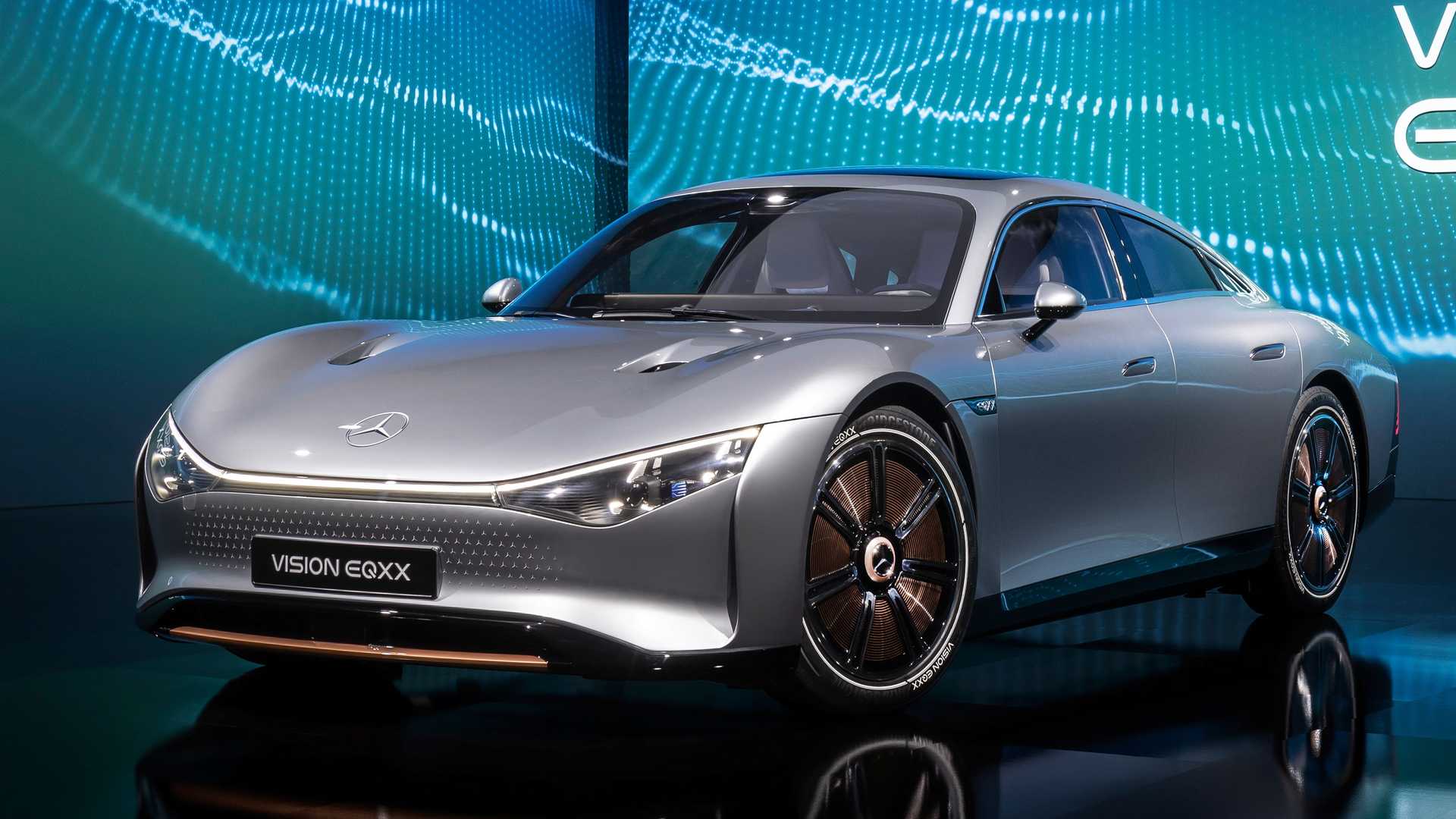Mercedes-Benz says it has designed an electric car capable of travelling 1000 kilometres on a single charge, about three times the average range of most rechargeable vehicles.
The German carmaker said its Vision EQXX prototype consumes less than 10 kilowatt hours of power per 100km due to sleeker design, greater efficiency and higher density batteries.
Most electric cars can travel just under 320kms before needing to recharge but Mercedes-Benz said its new design puts an end to “range anxiety”. The fear of running out of power on the road is considered a key barrier to wider adoption of electric cars even though most journeys are relatively short.
Unveiling the prototype at the Consumer Electronics Show in Las Vegas this week, Mercedes said its prototype “demonstrates just how efficient, sustainable and luxurious electromobility can be”.
The design is expected to form the basis for cars going on sale in 2024 or 2025, although Markus Schafer, the chief technology officer, declined to specify when the 1,000 km-range battery would be ready for production.
“We will likely be the first to show a 1,000 km-range car in real life, with such a small battery,” he said.
Mercedes needed to determine what range buyers expected and how much they are willing to pay before deciding when to start selling a car like the Vision EQXX, Mr Schafer added.
The prototype comes less than two months after Chinese carmaker GAC Group unveiled its Axion LX Plus SUV, which it claims will be able to travel 1007 kms (626 miles) on one charge.
In September, California EV start-up Lucid started producing its 500-plus-mile range Air.
Major carmakers have been overhauling their operations to produce electric vehicles in line with the shift away from fossil fuels, with several countries planning to ban the sale of new petrol and diesel cars. The UK will ban such sales from 2030.
In July, Mercedes-Benz announced plans to invest more than US$47 billion (£34bn) by 2030 to take on Tesla and wind down spending on fossil fuel engine technology this decade.
The Vision EQXX also features an interior made using sustainable materials including mushrooms, bamboo, cactus and vegan silk.
“These show that it is still possible to achieve the utmost in automotive luxury without using animal products, whilst creating an inimitable feeling of premium comfort. This fascinating journey has halved the carbon footprint of the leather alone,” Mercedes said.
The prototype comes as BMW appeared to have overtaken its arch rival in the global sales race for the first time since 2015.
Pieter Nota, BMW’s sales chief, wrote on LinkedIn: “Proudly claiming number one position in the global premium automotive segment for the BMW brand in 2021.”
The car marker will not report its annual sales figures until January 12, a spokeswoman said, but BMW delivered 1.7m vehicles for the first nine months of 2021, beating Mercedes-Benz by more than 112,000 vehicles.
BMW has been less affected by the global semiconductor shortage that has snarled production lines globally.
Mercedes said on Monday that supply problems will continue to affect the industry during the first half of this year.
Daily Telegraph UK













